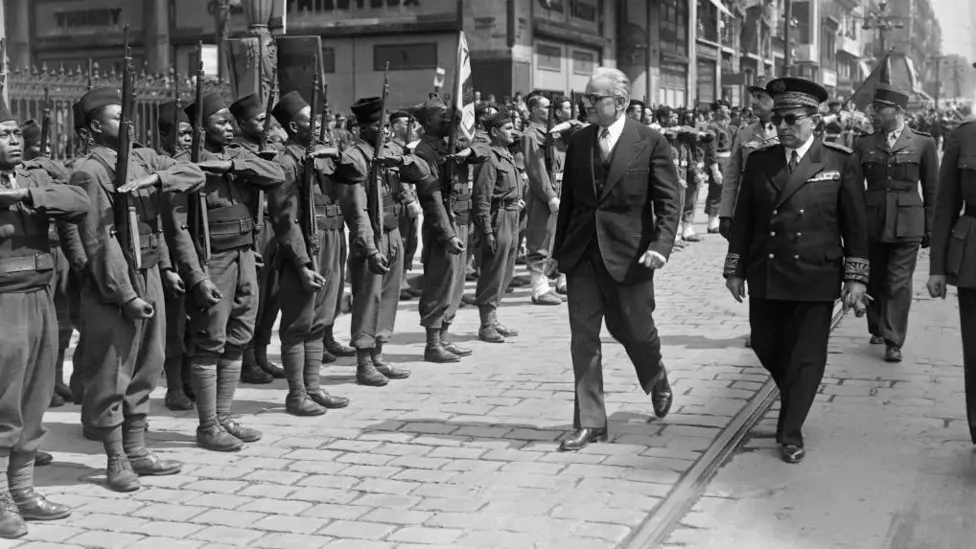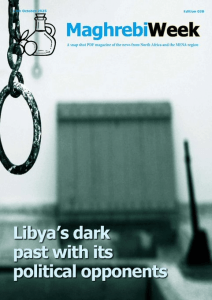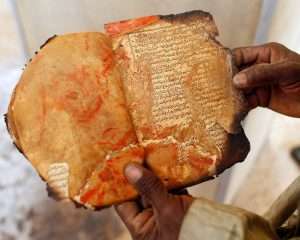Senegal presents report on French colonial massacre during WWII

The Senegalese riflemen sent to France during WWII via AFP
On 16th October, Senegal revealed an official report on the 1944 Thiaroye massacre, where French colonial troops killed African soldiers for demanding unpaid wages during WWII, according to France24 and agencies.
The paper — whose contents are yet to be disclosed — is based on new excavations and archival research, which aims to clarify the events where possibly hundreds of African soldiers were shot dead at the Thiaroye camp in November 1944, after having been captured by German forces while fighting for France.
In 1944, French authorities claimed that 35 soldiers had been killed, whereas historians believe it could be as high as 400. The excavations began in May 2025 at the Thiaroye military camp, outside Dakar, uncovering human skeletons with bullet wounds and the possibility of locating mass graves.

Researchers presented the findings to President Bassirou Diomaye Faye and Prime Minister Ousmane Sonko at the Presidential Palace in Dakar. The Senegalese government accuses France of withholding archives that could reveal the true death toll. France only formally acknowledged the massacre in November 2024, 80 years after it occurred.
The French “Senegalese riflemen” corps, which was established during the Second Empire (1852–1870) and dissolved in the 1960s, consisted of soldiers from France’s former African colonies — particularly Senegal, the Ivory Coast, and present-day Mali and Burkina Faso.
They all came to be known as Senegalese riflemen under the French colonial army and fought in both World Wars. The West Africans were shot dead for demanding back pay and recognition on par with white soldiers.
The French remained in Senegal even after independence until July 2025. The 1944 Thiaroye massacre has been a symbolic and significant part of Senegal’s colonial atrocities.
President Faye, since his election in 2024, had pledged to reclaim ownership of the historical narrative surrounding Thiaroye. He said, “This white paper is a decisive step in the rehabilitation of historical truth”.
France24, Maghrebi.org
Want to chase the pulse of North Africa?
Subscribe to receive our FREE weekly PDF magazine










